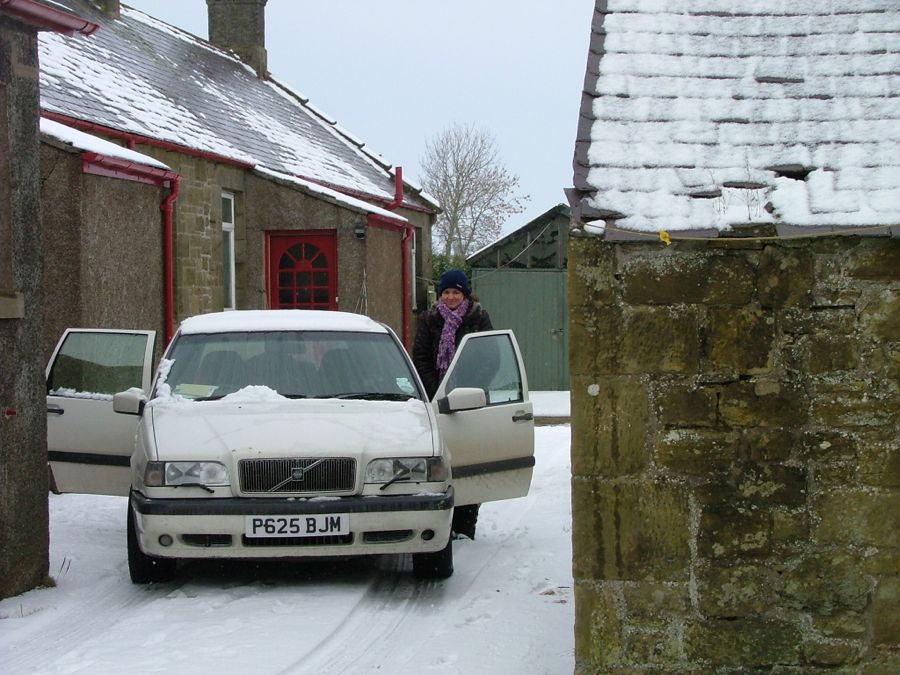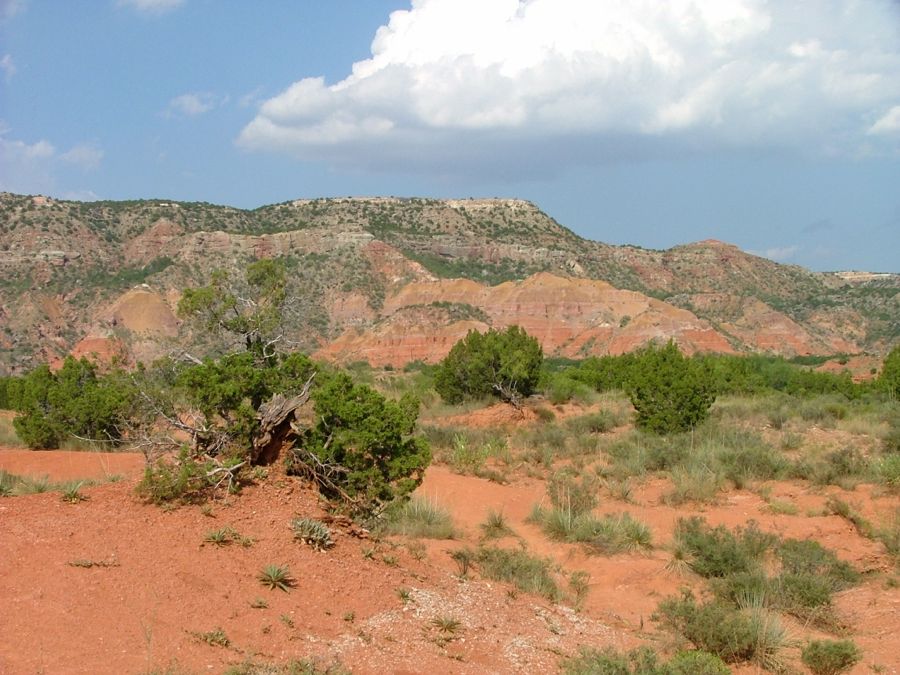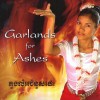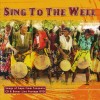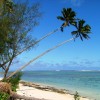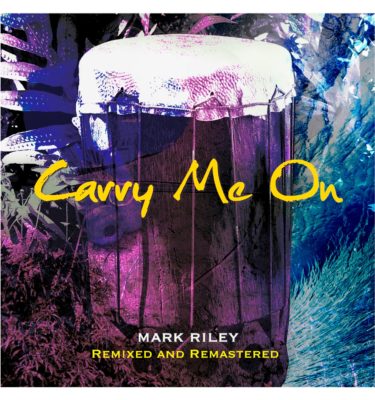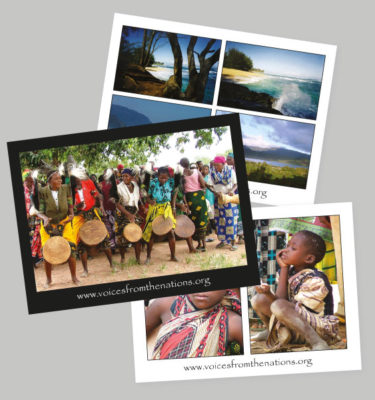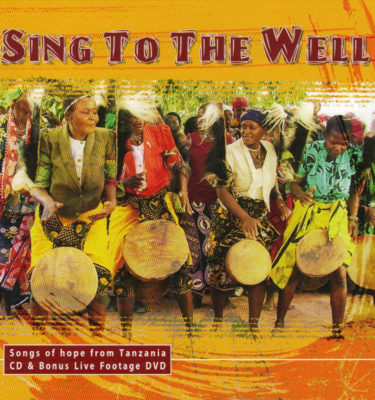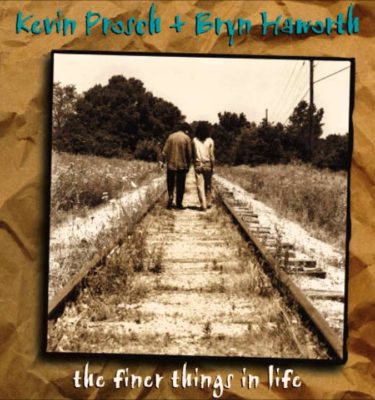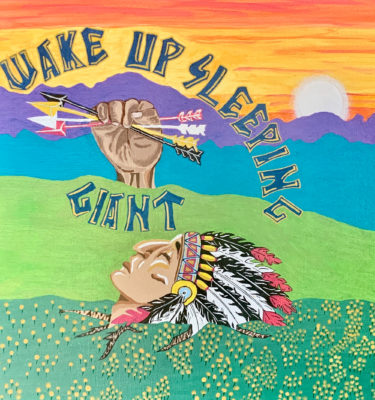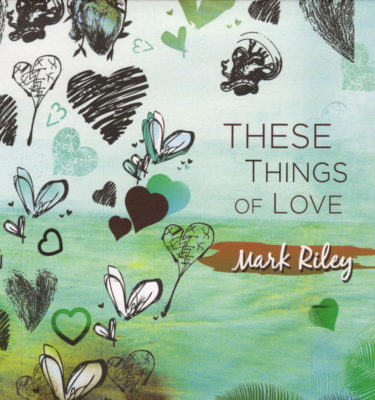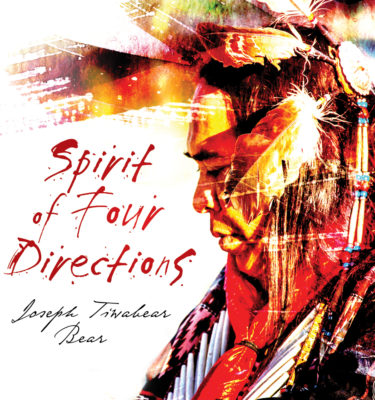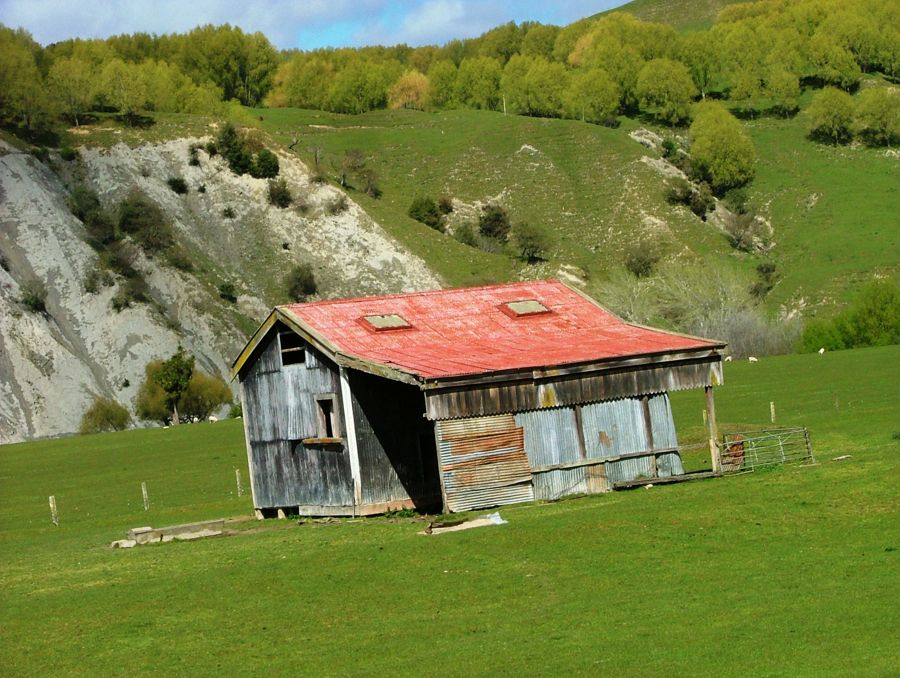 On a hillside, high above a ravine lived a small boy and his family. There home was a very ordinary wood shack surrounded on three sides by trees. Life seemed very boring to this young boy and he dreamed of excitement and adventure. Often he would sit on their wooden porch late in the evening and watch the valley below, change colours as the sun went down. On the other side of the valley was another building and on certain evenings there would be an amazing sight, a miracle would happen, the house would explode with amazing golden windows. He would sit and dream about who lived there, how special they must be to live in such an amazing place. Read More
On a hillside, high above a ravine lived a small boy and his family. There home was a very ordinary wood shack surrounded on three sides by trees. Life seemed very boring to this young boy and he dreamed of excitement and adventure. Often he would sit on their wooden porch late in the evening and watch the valley below, change colours as the sun went down. On the other side of the valley was another building and on certain evenings there would be an amazing sight, a miracle would happen, the house would explode with amazing golden windows. He would sit and dream about who lived there, how special they must be to live in such an amazing place. Read More
There are many who believe that music can influence society. One such lady is Malian born Oumou Sangare sometimes referred to as “The Songbird of Wassoulou.” Her songs have spoken into woman’s rights, child marriage and polygamy. The track “Yala” is a song that hit the dance floors of Mali and criticises young people who roam late at night in search of pleasure – forgetting their traditional values.
Read More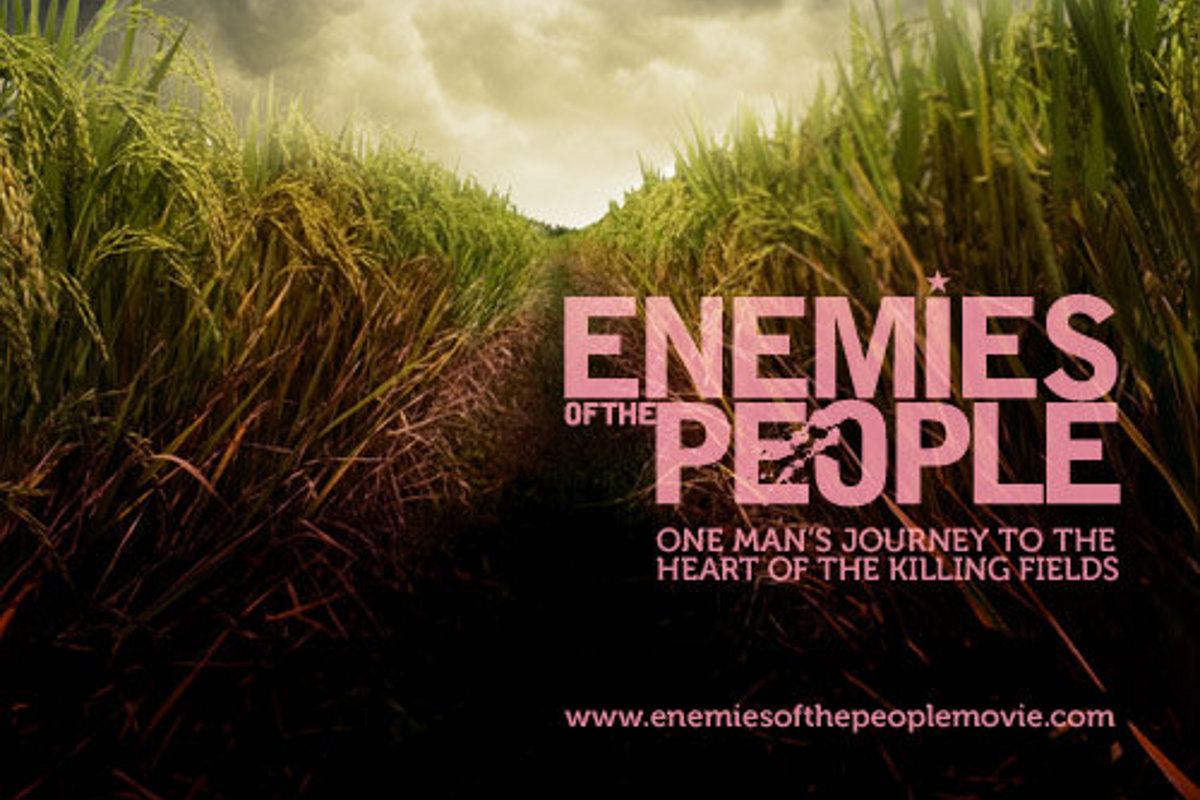 Just heard about a new film/documentary about the Killing Fields in Cambodia. Looks like a very interesting project called “Enemies of the people” … check out there web site here.
Just heard about a new film/documentary about the Killing Fields in Cambodia. Looks like a very interesting project called “Enemies of the people” … check out there web site here.
Many Western cultures are very word based and are very suspicious of silence. Yet for the Japanese, in some cases, less talk says more as the pauses and silence communicate much. Some would say that they are even suspicious of words as they are more concerned with actions.
In New Zealand, in certain circumstances the Maori people will meet for discussions on a marae (a community gathering place) in a wharenui (meeting house). There, a speaker will stand and deliver his talk and then sit down and there will be silence, to allow others to contemplate his words before the next speaker.
I once heard a wise man talk about the many words used in religion, he said “Church is a little bit like a swimming pool – all the noise comes from the shallow end.”
In this season where the media is bombarding us with the financial crisis that is crippling the world my question is what is our response? Interestingly like most Mandarin words, the word “crisis” (wēijī) consists of two syllables that are written with two separate characters, wēi and jī. These separate characters mean “danger” and “opportunity”. Maybe this paradox can point us towards a counter cultural view point. Do we choose to worry about the danger that may be lurking around the corner or do we look for opportunities to be generous?
The legendary Mullah Nasir-ud-Din arrived in the city in the middle of Ramadan. The mullah was very hungry and when he heard that the Emperor was providing a free iftar (meal that breaks Ramadan fasting) to anyone who came to the Red Fort he immeadiately tied up his donkey and went along. However he was so dirty from his ride that the Master of Ceremonies placed him in a distant corner, far from the Emperor, and at the end of the queue for food. Read More
Our journey started from snow covered Northumbria, skidding down the narrow icy lanes towards the A1 and ended 3 days later (after various forms of public transport – car, plane, taxi, dalai, coach and three wheeler cycle!) in hot and humid Dodoma which is situated in central Tanzania.
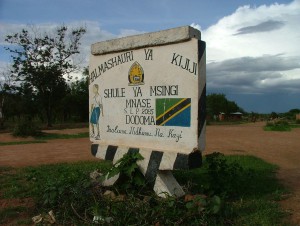 Tanzania, although one of the least urbanised, is East Africa’s largest country. With a diverse landscape of savannah, bush, lakes and highland plateau. It is renowned for its wild life, game reserves and Mount Kilimanjaro, (the highest mountain on this continent). Its 126 different tribal groups, each with their own heritage, are welded together by the Kiswahili language, a mix of Arabic and old Bantu originating from Zanzibar. Before 1972 this diverse group of people had no cohesion and lived in scattered pockets throughout the country. Between 1972 and 1974 under the Presidency of Julius Nyerere the Government forced these pockets into village formats. Read More
Tanzania, although one of the least urbanised, is East Africa’s largest country. With a diverse landscape of savannah, bush, lakes and highland plateau. It is renowned for its wild life, game reserves and Mount Kilimanjaro, (the highest mountain on this continent). Its 126 different tribal groups, each with their own heritage, are welded together by the Kiswahili language, a mix of Arabic and old Bantu originating from Zanzibar. Before 1972 this diverse group of people had no cohesion and lived in scattered pockets throughout the country. Between 1972 and 1974 under the Presidency of Julius Nyerere the Government forced these pockets into village formats. Read More
Early this morning we set off to Mnase village in what can only be described as a metal moving object crammed to absolute capacity with people, chickens and general household objects. This picture gradually got worse as people finding no room through the doors started climbing in through the windows ….. and every once in a while there would be startled looks at the realisation that there were Msungu’s (white people) on the bus! Read More
 I think this is a very difficult term to pin down. I haven’t found a definitive definition, in fact it is interesting to note that the UN has decided that the best approach is to identify rather than define indigenous peoples. Read More
I think this is a very difficult term to pin down. I haven’t found a definitive definition, in fact it is interesting to note that the UN has decided that the best approach is to identify rather than define indigenous peoples. Read More
Time at home and Holiday September – October)
September was a time for rest and taking some time to help at the community mother house. It was so good to be home and enjoying the simple community life again www.northumbriacommunity.org …. we feel very fortunate to have such an amazing base that we can call home.
At the beginning of October we gathered family in the south of Spain for Martin’s 50th ….. lots and lots of food, games and laughter ….. also much fun watching the English rugby team beat Australia, in the World Cup finals whilst sitting in the sun!!!

